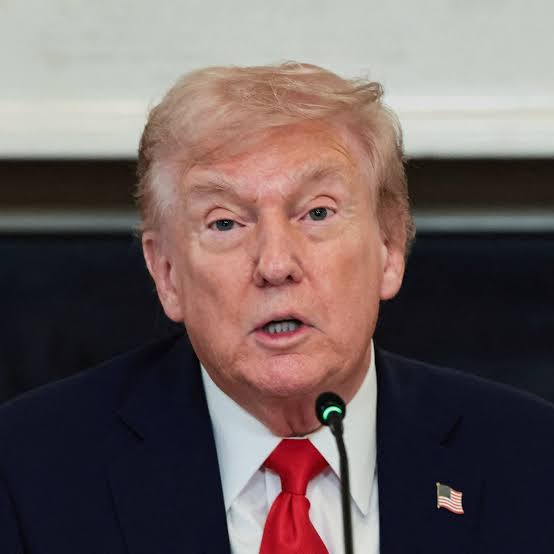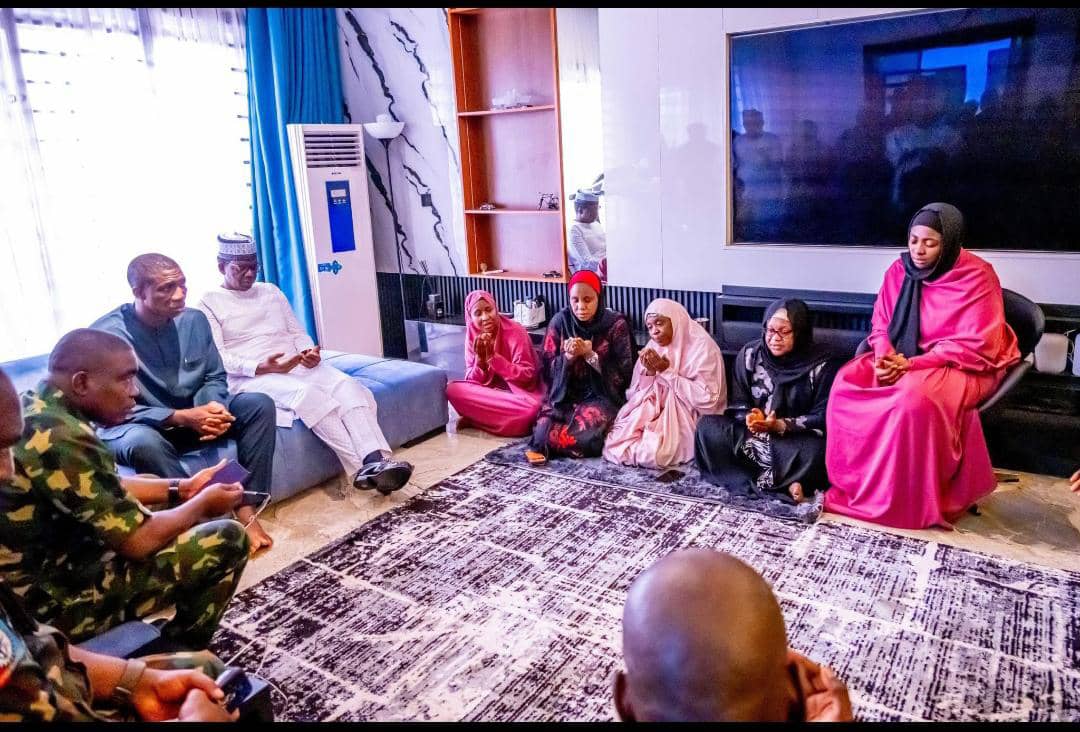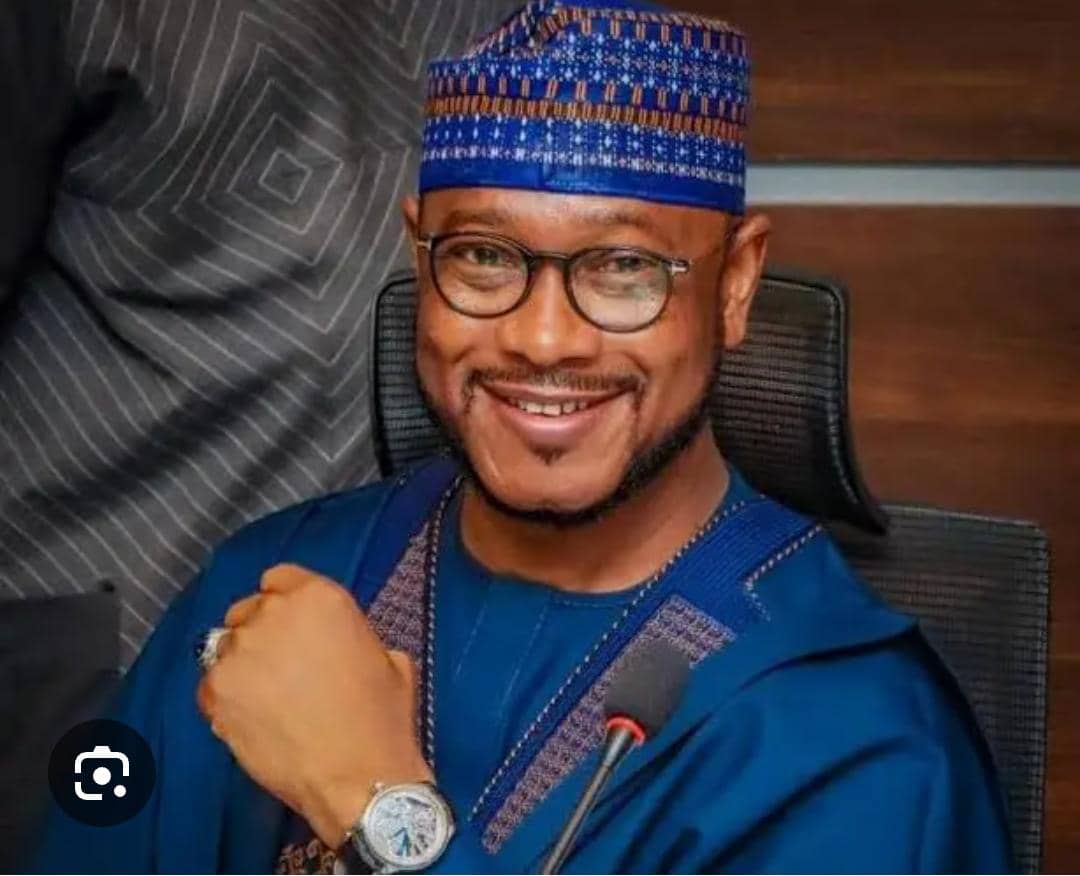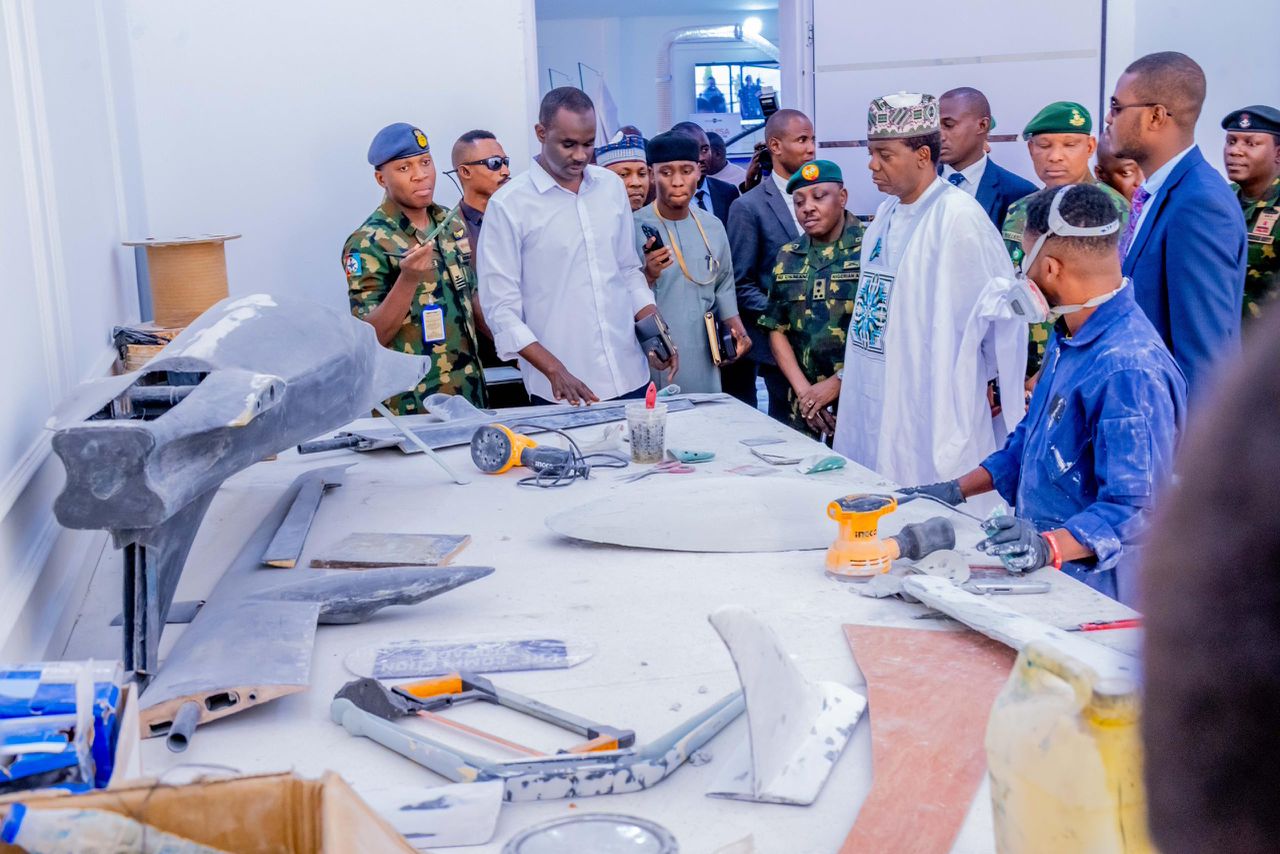By Ayuba Tambaya
In the restless arena of global politics, where power, faith, and fear constantly collide, President Donald Trump’s latest comments on Nigeria have sent shockwaves through both Washington and Abuja.
Speaking at a faith summit in Washington in October, Trump, now back in the White House after returning to office in January 2025, did not mince words. “We are witnessing a genocide against Christians in Nigeria,” he declared, his voice heavy with conviction. “Villages are burned, families butchered, while the world watches in silence.”
It was not the first time Trump had spoken out. In 2019, during a tense Oval Office meeting with then President Muhammadu Buhari, he questioned reports of Christians being killed by Fulani militants and Boko Haram factions. Six years later, with Nigeria still in turmoil under President Bola Tinubu, his words hit harder than ever.
Trump cited intelligence reports, findings from the United States Commission on International Religious Freedom, and the latest data from Open Doors International, all of which again listed Nigeria as a “Country of Particular Concern.” He called the violence an existential threat to Nigeria’s Christian population, roughly half of its more than two hundred million citizens. He urged Washington to impose sanctions and to reconsider aid, warning, “America will not fund the hand that kills its own people.”
Ground Zero of Grief
To grasp the weight of Trump’s accusation, one must visit the heart of Nigeria’s troubled Middle Belt. In Plateau, Benue, and Kaduna states, grief has become part of everyday life.
Southern Kaduna is perhaps the most symbolic of all. There, villages that once echoed with the sound of bells and harvest songs now lie in ruins. Communities such as Adara, Bajju, and Kataf have been destroyed. The people return to find only ashes, the land occupied by grazing camps. The killings are often described as conflicts over resources, but the pattern shows something darker: deliberate displacement and quiet extermination.
Since 2015, more than sixty two thousand Christians have been killed, according to the International Society for Civil Liberties and Rule of Law. In 2025 alone, seven people were murdered in Gindin Dutse in a single attack. In Niger State, gunmen stormed a church in April, killing eighteen worshippers. In July, forty five women and children were massacred in Benue.
In early June 2025, in the village of Yelwata in Benue State, militants attacked a camp of displaced families, setting fire to dormitories and executing fleeing victims. The death toll was estimated at over two hundred in that single atrocity. In the same month, more than two hundred and eighteen Christians were killed in a wave of coordinated attacks across Gwer West and Apa local government areas of Benue. Thousands were displaced in the process.
Then in late October 2025, in the Farin Dutse community of Kauru Local Government Area, Kaduna State, the clergy of the United Church of Christ in Nigeria confirmed that Pastor Yahaya Kambasiya was killed and more than twenty worshippers were abducted in a dawn raid. Earlier in August, in Angwan Rimi village of the same Kauru area, seven Christians, five of them children, were murdered in another night attack.
Father Maurice Kwairanga of Bokkos still remembers the Christmas Eve of 2023 when two hundred of his parishioners were buried after a single night of horror. “It is not a clash,” he said quietly. “It is conquest.”
The Politics of Denial
Trump’s comments came at a volatile time in Nigeria. The ruling All Progressives Congress is struggling to contain internal divisions, southern Christian politicians are defecting to opposition parties, and the north remains haunted by banditry and abductions.
The reaction to Trump’s speech was immediate. The Arewa Consultative Forum called it “Islamophobic propaganda.” Zamfara State Governor Dauda Lawal insisted that “there is no genocide, only insecurity that affects everyone.” Abuja’s information minister dismissed Trump’s claim as “foreign interference” and pointed to government livestock programs as proof of fairness.
Yet the outrage sounds hollow. When one hundred and forty Christians were killed in Plateau in December 2023, the nation barely reacted. Condolences were issued, committees were formed, and then silence followed. The anger now seems less about morality and more about money.
Nigeria depends on more than one billion dollars in annual American aid, most of it military. If Washington were to officially label the killings as genocide, the Leahy Law could block further arms sales and training to Nigerian forces. For governors, contractors, and the so called repentant bandits living off the chaos, that would be a severe blow.
Not a War on Islam
Trump’s warning was not directed at Muslims but at those who kill with impunity. In truth, greater American involvement could also help Muslim communities in Katsina, Zamfara, and Sokoto, where bandits strike daily. Ordinary Nigerians, whether Christian or Muslim, no longer care about politics or religion. They only want to live. When a government abandons its citizens, sovereignty loses its meaning.
America’s Uneven Hand
The United States has spent more than five hundred million dollars since 2021 on military support, drone surveillance, and counterterrorism programs that have reduced attacks in the northwest by nearly half. Yet the distribution of aid remains uneven. There is strong funding for herder rehabilitation programs in the north but little support for rebuilding Christian villages in the Middle Belt.
Amnesty International has repeatedly accused both Abuja and its Western partners of selective engagement. They chase Boko Haram in the northeast but ignore the Fulani militias cutting through the center of the country. The result is a bitter imbalance. Peace deals often return seized land to herders while displaced Christian families remain in camps with no clear path home.
Tinubu’s government insists it is neutral, but the statistics say otherwise. Church attacks rose by twenty five percent in 2025, even as bandit killings dropped in the far north. The policy seems less like neutrality and more like quiet appeasement.
Faith Under Fire
Trump’s statement may have sounded political, but it touched a raw nerve among millions of evangelicals who see Nigeria’s Christians as brothers and sisters under siege. His return to power has given their cause a new champion.
For Nigeria, however, the remarks have reopened deep wounds that years of silence tried to conceal. The question now is whether this renewed attention will lead to real accountability or simply deepen division. Northern leaders are now preaching peace and unity, but their earlier silence is difficult to forget. Were they quiet because the victims were from another faith, or because speaking up would expose too much?
As the 2027 elections approach, insecurity will determine more than votes. It will decide who still has a home to vote from. Trump’s warning could push Nigeria toward long overdue reform, or it could widen its fractures even further. The outcome will depend on whether the country faces its truth or hides from it again.
A Cry Beyond Politics
In the end, this story is not about Trump, or Washington, or Abuja. It is about the Nigerians who have lost everything and still hold on to faith. It is about the mothers who rebuild their churches from ashes, the children who sing hymns under makeshift tents, and the farmers who return to the fields where their brothers were buried. Their endurance is what remains when politics fails.
And when the world turns away, their silence speaks louder than any foreign speech. That silence is the real scream in Nigeria’s killing fields, the cry of a people who have suffered too long while the powerful argue over what to call it.
Ayuba Tambaya writes from Kabara, Koro chiefdom





